Aircraft Accident Brief Ntsb/aab-02/01 (Pb2002-910401): Egypt Air Flight 990, Boeing 767-366er, Su-Gap - National Transportation Safety Board Page 155
ADVERTISEMENT
 1
1  2
2  3
3  4
4  5
5  6
6  7
7  8
8  9
9  10
10  11
11  12
12  13
13  14
14  15
15  16
16  17
17  18
18  19
19  20
20  21
21  22
22  23
23  24
24  25
25  26
26  27
27  28
28  29
29  30
30  31
31  32
32  33
33  34
34  35
35  36
36  37
37  38
38  39
39  40
40  41
41  42
42  43
43  44
44  45
45  46
46  47
47  48
48 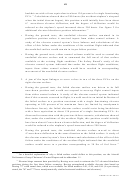 49
49  50
50 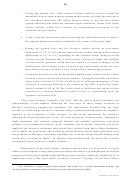 51
51 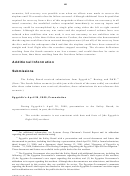 52
52 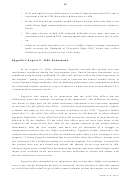 53
53 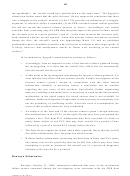 54
54 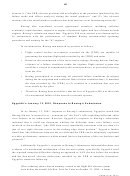 55
55 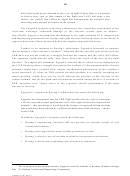 56
56 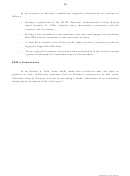 57
57 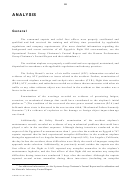 58
58 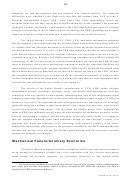 59
59 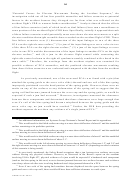 60
60 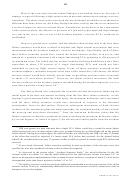 61
61 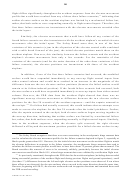 62
62 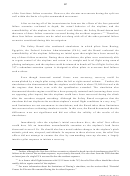 63
63 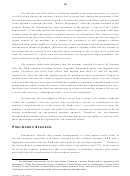 64
64 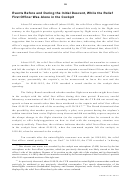 65
65 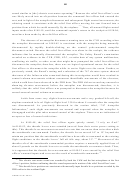 66
66 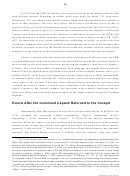 67
67 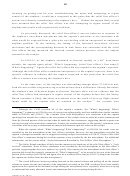 68
68 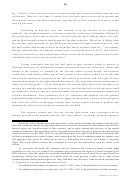 69
69 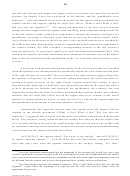 70
70 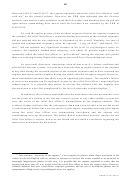 71
71 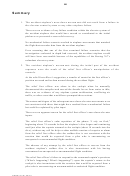 72
72 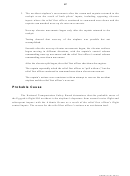 73
73  74
74 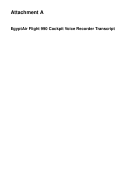 75
75  76
76  77
77  78
78  79
79  80
80  81
81  82
82  83
83  84
84  85
85  86
86  87
87  88
88  89
89  90
90  91
91  92
92  93
93  94
94  95
95  96
96  97
97  98
98  99
99  100
100  101
101  102
102  103
103  104
104  105
105  106
106  107
107  108
108  109
109  110
110  111
111  112
112  113
113  114
114 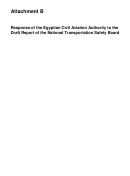 115
115  116
116 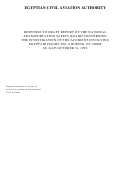 117
117 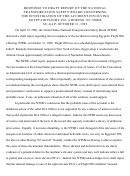 118
118 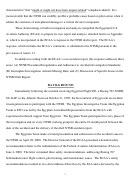 119
119 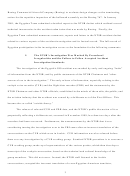 120
120 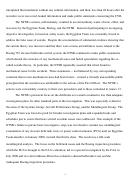 121
121 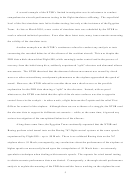 122
122 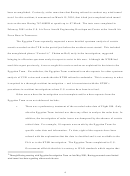 123
123 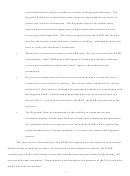 124
124 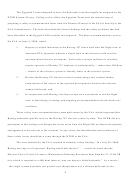 125
125 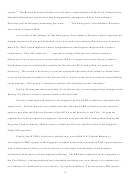 126
126 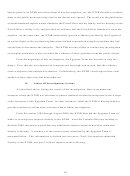 127
127 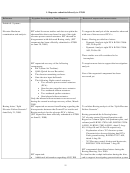 128
128 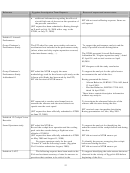 129
129 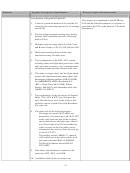 130
130 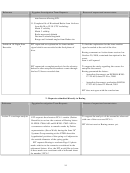 131
131 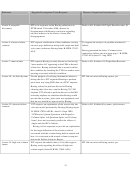 132
132 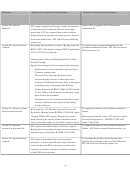 133
133 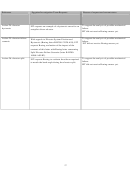 134
134 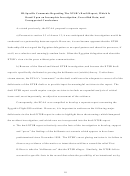 135
135 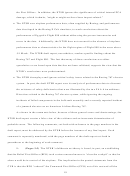 136
136 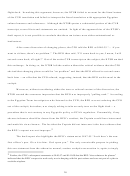 137
137 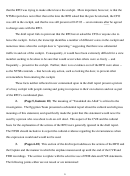 138
138 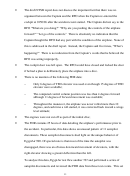 139
139 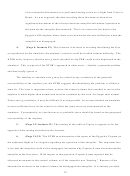 140
140 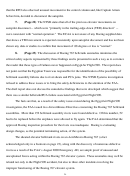 141
141 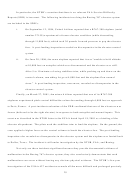 142
142 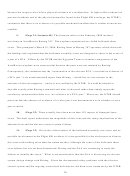 143
143 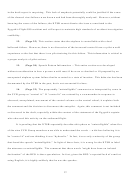 144
144 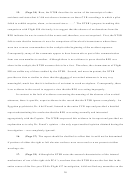 145
145 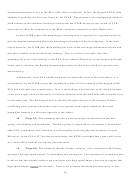 146
146 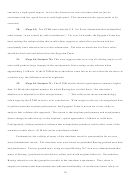 147
147  148
148 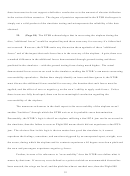 149
149 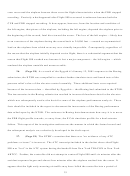 150
150 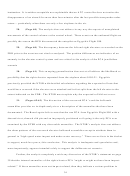 151
151 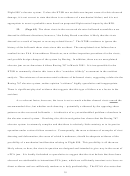 152
152 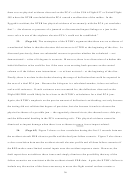 153
153 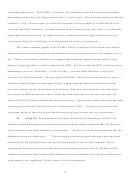 154
154 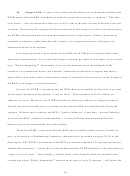 155
155 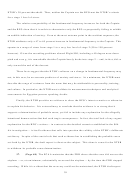 156
156 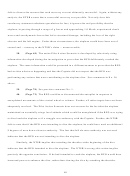 157
157 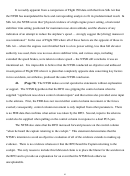 158
158 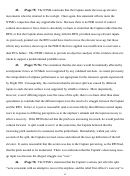 159
159 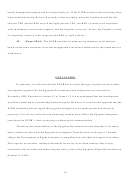 160
160 36.
(Pages 67-68) As part of its conclusion that there was no mechanical failure, the
NTSB argues that the RFO “exhibited no audible expression of anxiety or surprise.” This fact --
even if true -- does not mean that there was no PCA jam or that the elevator bellcrank rivets did
not shear. By making this argument in the mechanical defect analysis section of the draft report,
the NTSB illustrates the biased and predetermined nature of the report. Clearly, there are no
scientific or behavior studies that link the existence of a surprised utterance with proof of a
mechanical defect in an airplane.
In its apparent haste to place blame on the RFO, the NTSB has overlooked three other
important considerations. First, when the Captain returned, he asked several times, in an excited
way, “What’s happening?” Presumably, if an excited utterance were the hallmark of the
existence of a mechanical defect, the Captain’s statements would tend to support that theory --
particularly when made under circumstances where it should have been obvious to the Captain if
the RFO were trying to crash the airplane.
Second, the NTSB’s contention that the RFO showed no audible anxiety fails to account
for the rapid repetition of the phrase, “I rely on God.” That repetition in itself is likely an
indicator of stress. Moreover, the NTSB has failed to offer any evidence to support its theory
that the lack of discernable stress or anxiety means that the RFO was intentionally diving the
airplane. Without such evidence, the RFO’s “passive behavior” is just that -- passive behavior.
At worst, the RFO’s behavior is unexplained -- a vastly different conclusion than that his
behavior proves he intentionally dove the airplane.
Third, the NTSB’s assessment that the RFO did not exhibit undue anxiety is based, in
part, on its analysis of fundamental frequency characteristics, described on pages 29-30 of the
draft report. The NTSB’s assessment of the RFO was that he exhibited a 25 percent increase in
fundamental frequency -- below the 30 percent threshold the NTSB identifies as the indication of
“stage 1 level of stress.” Interestingly, a similar study of the Captain when he returned to the
cockpit and asked “What’s happening?” showed an increase of only 29 percent -- still below the
38
ADVERTISEMENT
0 votes
Related Articles
Related forms
Related Categories
Parent category: Legal









